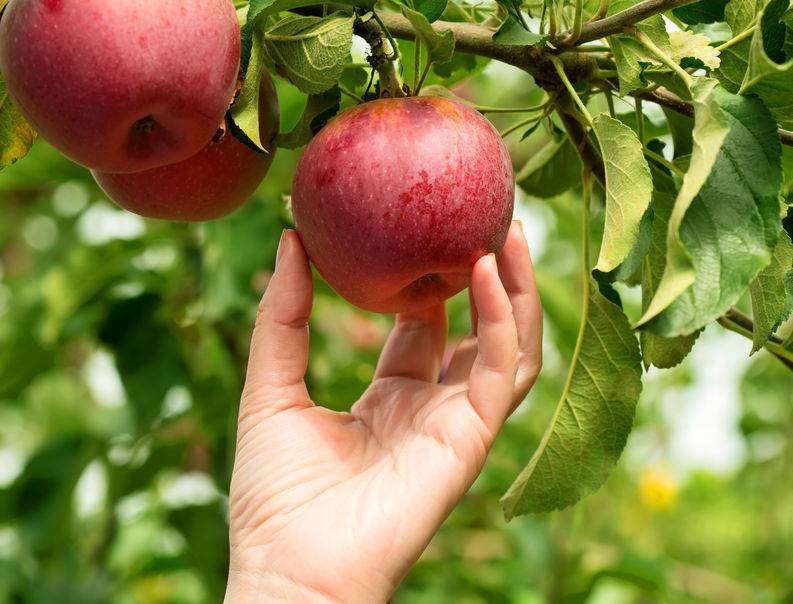Exchange rate and other favourable countries sees UK migrant labour shortage

There has been a shortage of between 10 and 20 per cent of seasonal workers coming from the EU because of exchange rates and an increasing affluence in other parts of the EU, according to a farming union.
NFU Scotland warns that this will only "get worse year on year" for Scotland's soft fruit and vegetable sectors.
The pre and post Brexit employment needs of Scotland’s fast-growing horticultural sector were outlined at a meeting of the UK’s Migration Advisory Committee in Edinburgh this week.
NFU Scotland’s Horticulture Committee Chairman James Porter, who grows soft fruit as part of a mixed farming enterprise at East Scryne, Carnoustie met with Professor Alan Manning, chair of the Migration Advisory Committee at a roundtable meeting with stakeholders.
Restriction
The MAC is at an early stage of its current commission, which broadly focuses on the impact of Brexit on the UK Labour Market, and how the UK’s immigration system can be best aligned to a modern industrial strategy.
Speaking after the meeting, Mr Porter said: “Long-term, post-Brexit, we must be able to continue to source seasonal workers, as we currently do, with the bare minimum of restriction.
“While the mechanism is up for discussion, it must be simple and there may be merit in revisiting the Worker Registration Scheme which operated 2004 as a start point.
“This year, there has been a shortage of between 10 and 20 percent of seasonal workers coming from the EU - partly because of exchange rates, but also because of increasing affluence in other parts of the EU. This will get worse year on year.”
Seasonal Agricultural Scheme
Some within the industry have called for the UK to create a Seasonal Agricultural Workers Scheme in place for 2018, with work permits for up to 20,000 workers from out with the EU.
Mr Porter continued: “For a major soft fruit area like Angus, the importance of seasonal workers cannot be underestimated. There are only 1400 long term unemployed in Angus, yet Angus Soft Fruits – the group that I supply with soft fruit – needs a seasonal workforce of 4000 to pick crops.
“With the massive growth that we have seen in our soft fruit and veg sectors in Scotland, it is simply impossible for that labour to be sourced locally.
“From these seasonal workers, we also need to continue to be able to employ around five percent on a permanent basis, as managerial staff because of their experience in the work and their ability to communicate with the seasonal workforce.
“It is important to note Scottish agriculture’s total labour needs would have next to no impact on the UK’s net immigration figures as, apart from the small number of permanent workers, seasonal workers would all return home.”
Fiscal benefits
Mr Porter said there would be fiscal benefits to the UK treasury in continuing to allow seasonal staff.
He said that between a seasonal worker and their employer, National Insurance contributions amount to around £2000 over six months.
The NI contributions currently generated by seasonal workers across the UK amounts to £160 million for a temporary workforce that is generally young, fit and healthy.








